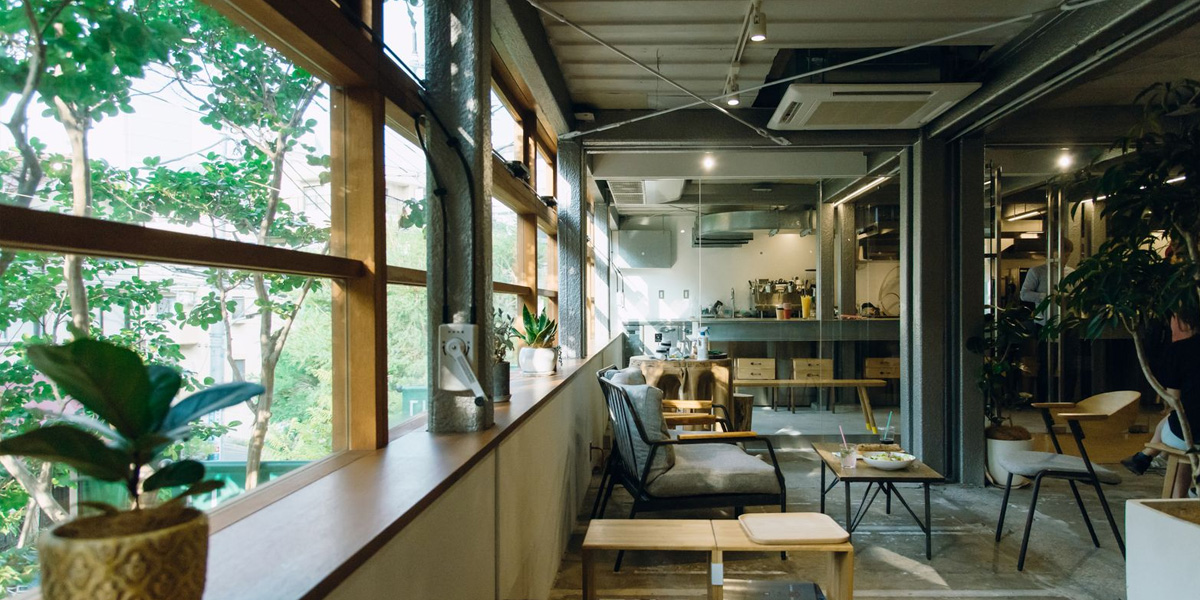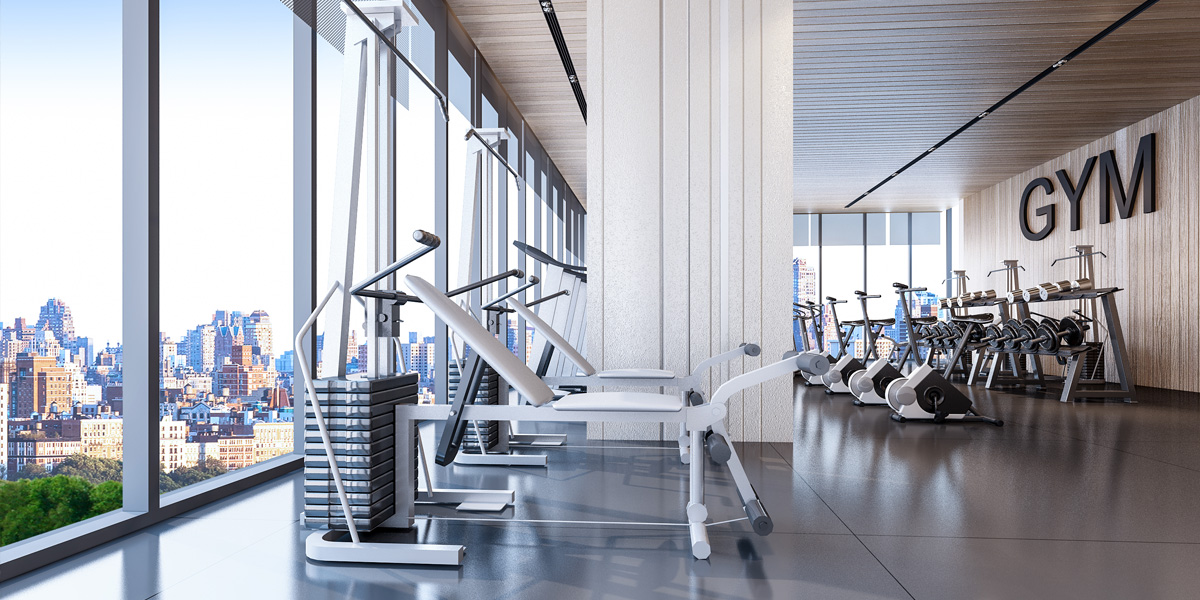Meditative and Functional Workspace
A workspace that is both serene and effective is not a contradiction in terms. In fact, it is a growing trend in office design to create workspaces that promote relaxation, focus, and productivity.
Many studies have shown that employees who take regular breaks and have access to calming and relaxing environments are more productive, creative, and focused. It is important for bosses to recognize the value of nurturing their workforce and creating work environments that promote well-being and mental health. This not only benefits the employees, but it also has a positive impact on the organization as a whole, as employees are more likely to be engaged and committed to their work. In a world where stress is becoming increasingly prevalent, creating a meditative and functional workspace is more important than ever before.
Google really began the ‘office fit out design to please the employee’ phase back in the 1990s. Remember their iconic San Francisco headquarters with the huge slide, table tennis games room and rainbow colours everywhere? This type of design has become known as the “Google effect,” and it has led to a shift in the way that companies approach office design, focusing more on creating environments that inspire creativity, productivity, and happiness. The impact of Google’s approach to office design can be seen in the many startups and tech companies that have followed in their footsteps, creating similar types of office spaces that prioritize the needs and preferences of their employees.
Creating a meditative and functional workspace is important for several reasons, including:
- Promoting well-being: A meditative workspace can help reduce stress levels, improve mental health, and promote a sense of calmness and relaxation.
- Enhancing productivity: A functional workspace can help increase productivity and efficiency, as it allows employees to work comfortably and efficiently.
- Stimulating creativity: A meditative workspace can help stimulate creativity and encourage new ideas, as it provides a relaxed and comfortable environment for employees to work in.
- Reducing physical strain: A functional workspace can help reduce physical strain and discomfort, as it provides ergonomic furniture and encourages movement breaks.
- Improving employee morale: A meditative and functional workspace can improve employee morale and satisfaction, as it shows that the company cares about their well-being and is invested in creating a positive work environment.
Overall, creating a meditative and functional workspace can have numerous benefits for both employees and employers. It can help promote well-being, enhance productivity, stimulate creativity, reduce physical strain, and improve employee morale. It is an investment in the health, happiness, and success of everyone who works in the space.
How should Meditative and Functional Workspace for office look like?
- Minimalism: A minimalist design with clean lines, neutral colors, and minimal clutter can create a calming and organized workspace.
- Natural elements: Incorporating natural elements such as wood, plants, and stones can create a connection with nature and promote a sense of well-being.
- Comfortable furniture: Choosing ergonomic furniture such as adjustable chairs, standing desks, and supportive cushions can reduce physical strain and prevent discomfort.
- Quiet spaces: Providing quiet spaces for employees to meditate or take a break from work can promote relaxation and reduce stress levels.
- Collaborative spaces: Creating separate zones for collaboration and focused work can promote productivity and creativity.
- Lighting: Natural light can be used to create a bright and energizing atmosphere, while adjustable lighting can accommodate individual preferences.
- Personalization: Allowing employees to personalize their workspaces with photos, plants, or other decor items can create a sense of ownership and promote well-being.
Overall, a meditative and functional workspace for an office should be designed to support the mental and physical health of employees, while also promoting productivity and creativity. By incorporating design elements that promote a sense of calmness, comfort, and organization, you can create a workspace that fosters a positive and productive work environment.





